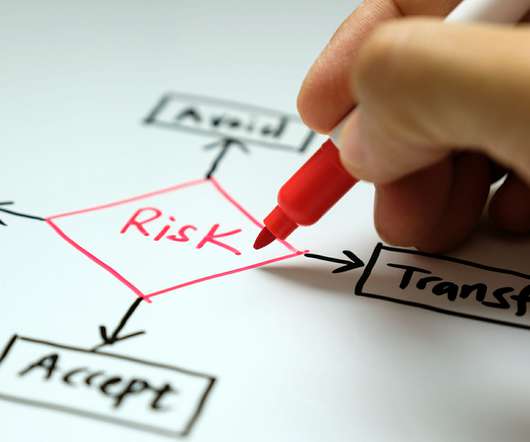BCM Basics: Business Continuity vs. Business Resilience
MHA Consulting
JANUARY 25, 2024
This post is part of BCM Basics, a series of occasional, entry-level blogs on some of the key concepts in business continuity management. The terms business continuity and business resilience are superficially similar and a world apart.














Let's personalize your content